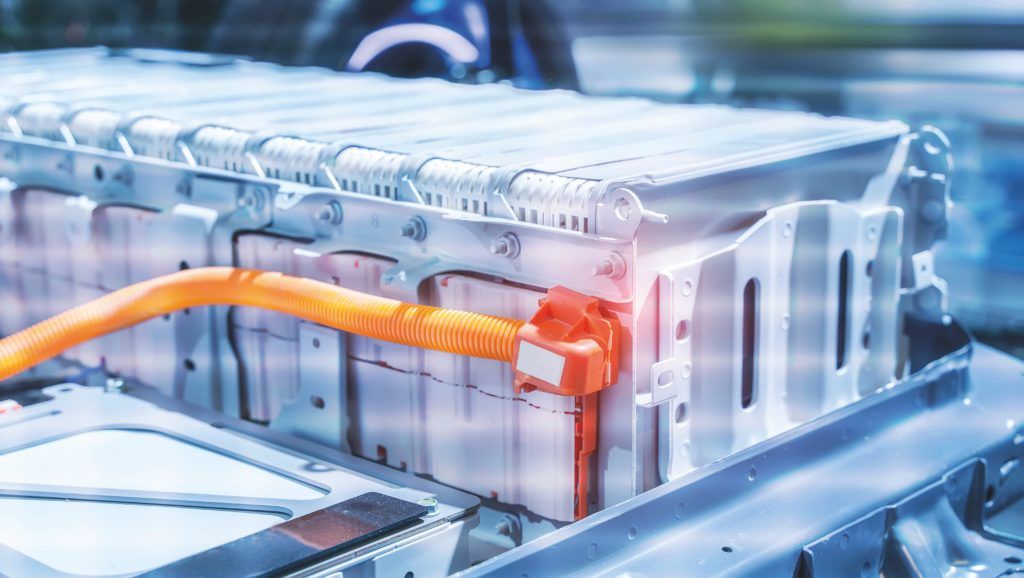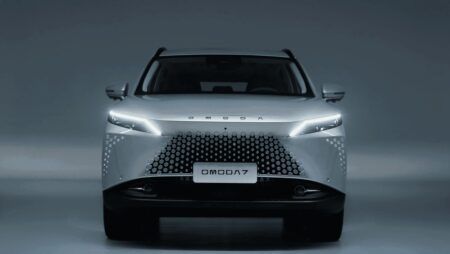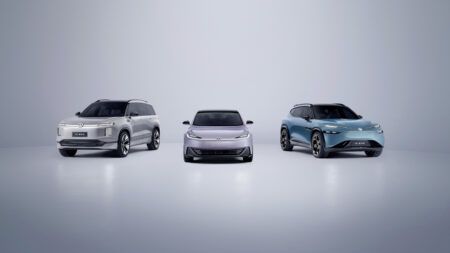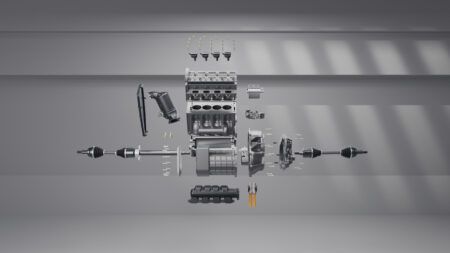words Greg Offer
The most significant development to happen in the world of batteries over the last year must be the Inflation Reduction Act (IRA). According to multiple analyses, the IRA could reduce battery production costs in the USA by up to 30%, finally making them competitive with cells produced in China, and seriously undercutting Europe. As a result, multiple companies have announced new investment in the USA instead of Europe, and in the case of Tesla have paused a plant in Germany to build one in Texas. Europe does not seem capable or willing to respond with similar subsidies or incentives, yet.
Every economic system has inertia. Investments must pay a return, and to do so, they must be operated for a reasonable length of time. In doing this, an ecosystem builds up around those assets, supply chains develop and become optimised. A skilled workforce develops, who put down roots, they have children and send them to school, and are reticent to relocate. All of this creates geographic barriers to new production and is the reason clusters of production happen.
China has been playing the long game for over 20 years now and is already reaping the rewards. Almost 80% of lithium-ion cells are now manufactured in China, giving them immense power and influence. The USA and Europe ignored the long-term consequences of this for years, until it became obvious it represented an existential threat to their automotive industries. Over the last few years, the industries in both Europe and the USA flexed their financial muscles, and finally began investing in domestic battery production capacity. Changing the game again, the USA has just upped the ante and supercharged their response with the IRA. There is a real risk that if Europe (and the UK) don’t do something equally extreme and soon, they risk being left behind.
So far, this argument is like lots of articles written about why Europe should respond in kind to protect themselves and compete with China and the USA. However, I want to make a different argument. I would argue that both China and the USA should encourage and welcome European competition and should not gloat over current advantages. If we, the world, are serious about transitioning from fossil fuels, then we need every major economic region to invest as much as they can afford and as quickly as they possibly cannot just in batteries and electric vehicles, but also renewable generation and cleaning up the supply chains.
In essence it is suboptimal for anyone to dominate a key technology that the whole world needs. Therefore, battery and electric vehicle production should not be concentrated in any single region around the world. We need production in China, the USA, and Europe. Indeed, in the future, we also need production in India, Africa, South America, everywhere. This would be the best result, both for the environment, and a fair, prosperous and sustainable world.





